S4C | Skills for Competitiveness







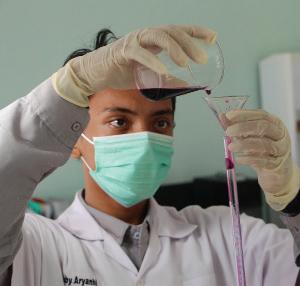









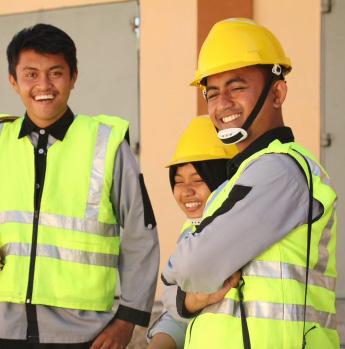
 Mandated by Consortium Partners Implemented by
Mandated by Consortium Partners Implemented by
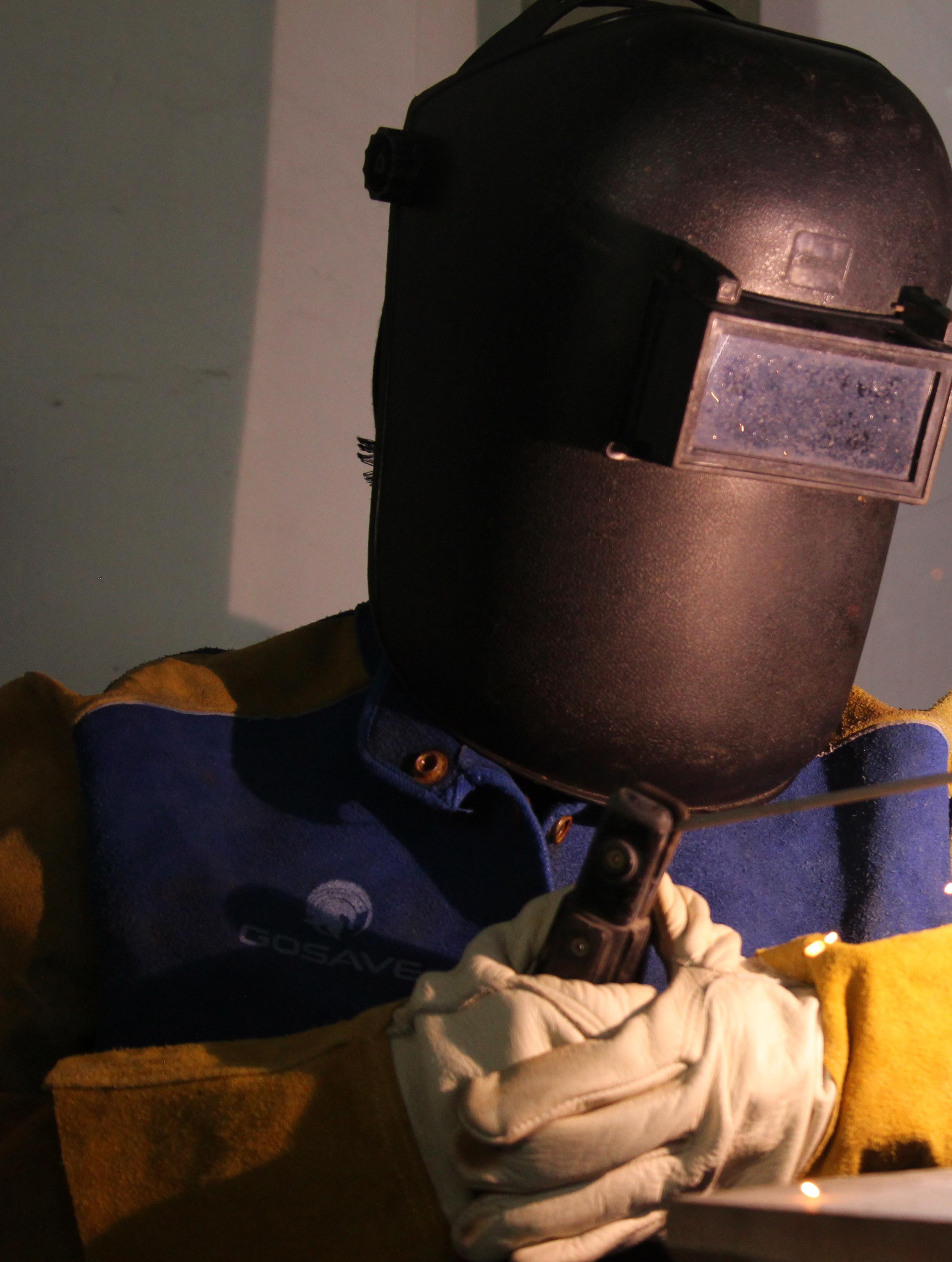

Indonesia, one of the 10 highestgrowing economies in the world, has a population of 260 million with 1.7 million young job seekers per year exceeding the supply of job vacancies (demand supply mismatch). Another major challenge is that skill levels are generally below industry standards (skills mismatch). Recognizing the importance of improving the quality of the workforce, the Government of Indonesia and the Government of Switzerland are working together to implement a dual-system vocational higher education system through the Skills for Competitiveness (S4C) Program. The Swiss government through the State Secretariat for Economic Affairs (SECO) has mandated Swisscontact to implement the S4C Program, which is divided into two phases (2018-2021, 20222025).
The S4C Program provides technical assistance in management strengthening, curriculum development based on industry needs, industrial relations, training for teachers, and other technical assistance as needed. The two outcomes to be achieved through the S4C Program are:
• Outcome 1: Five selected Polytechnics are efficiently managed and educate technicians/engineers in selected sectors as per the needs of the private sector. The Polys are focusing on the metal, furniture, wood, and food processing sectors. Two outputs support this achievement focusing on the establishment of necessary management systems and processes and the development of training approaches oriented in the dual VET system. Interventions include among others the strengthening of school management capacities with focus on industrial relations, supporting the development of teaching ‘factories’ within the Polytechnics, development of a teaching approach on dual training and the upgrading and strengthening of teaching capacities.
• Outcome 2: The Government of Indonesia, selected sector associations and Association of Polytechnics and Industry Indonesia collaborate to develop and strengthen a tertiary dual Vocational Education and Training System in Indonesia. Activities aim at the establishment of a service portfolio for Poly-Industry services anchored with institutions like SwissCham, KADIN Indonesia, and KADINDA, sector associations or techno parks, supporting knowledge exchange and learning between VET system actors and contributing to overall VET system reforms.
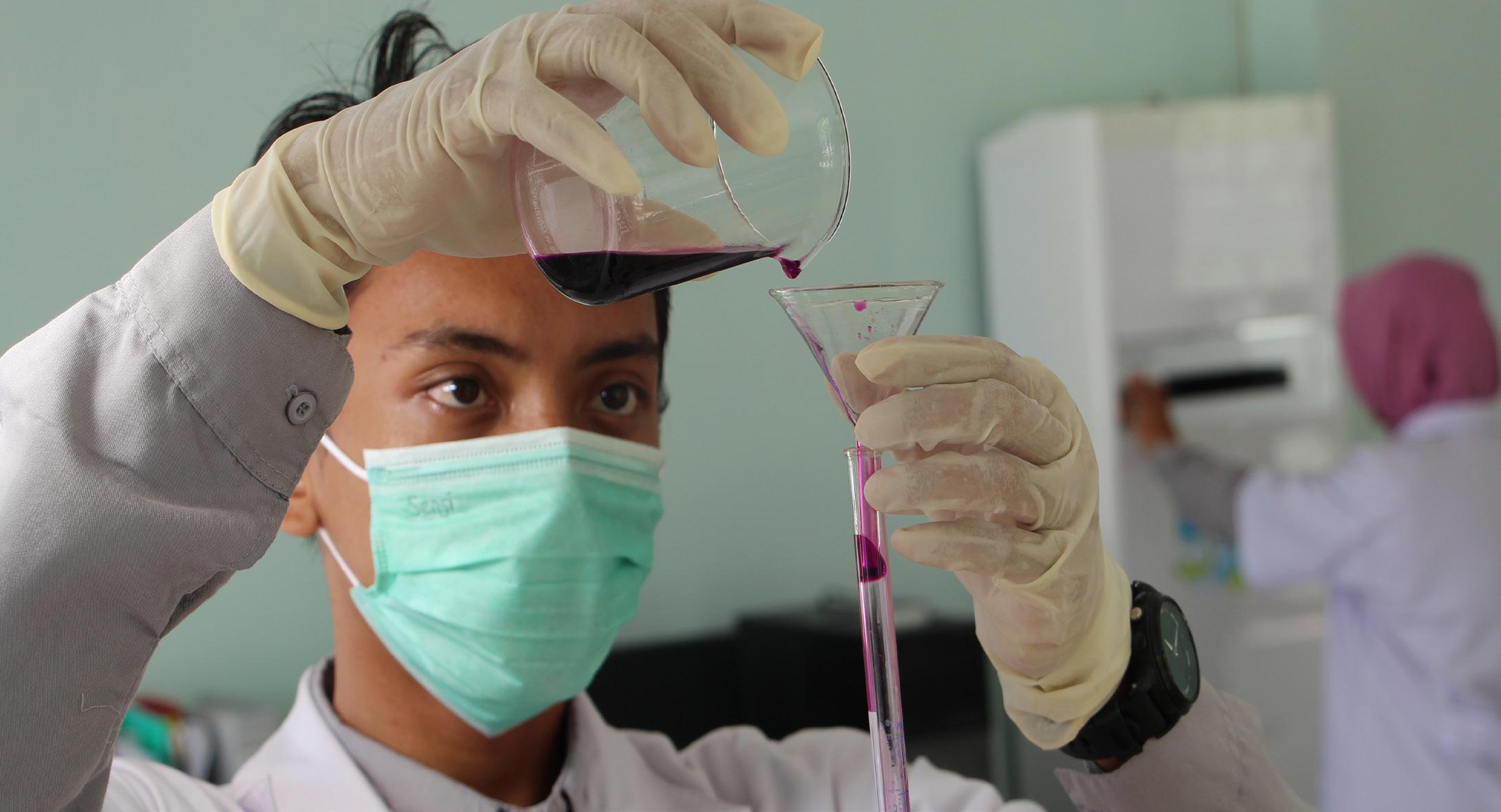

The program is implemented by the Swiss Consortium consisting of the Swiss Foundation for Technical Cooperation (Swisscontact), the Bern University of Applied Sciences (BFH-CDC) and the Association for Swiss International Technical Connection (SITECO) in cooperation with BPSDMI of the Ministry of Industry (MoI) and the Directorate of Vocational Education (DGVE) of the Ministry of Culture, Research and Technology (MoECT) of Indonesia.
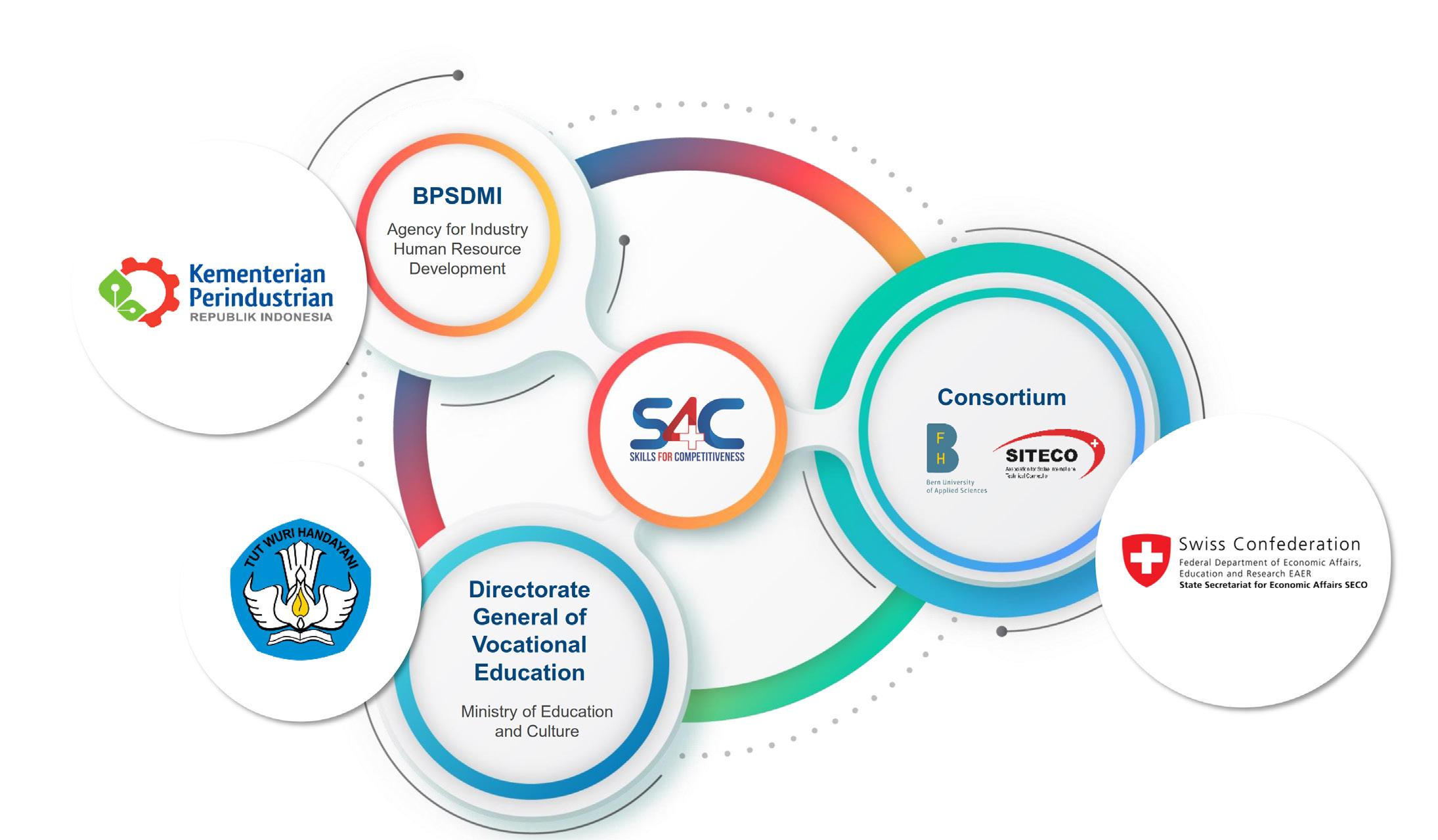



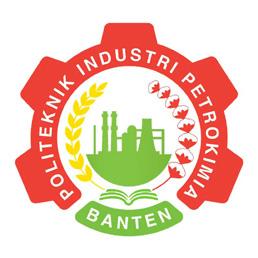
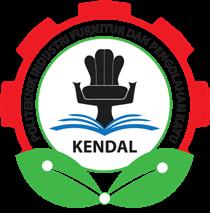
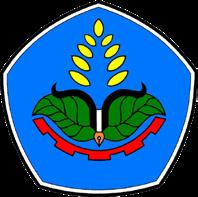
Morowali, Central Sulawesi
Bantaeng, South Sulawesi
Bantaeng Manufacturing Industry Community College Metal Industry Polytechnic of Morowali Bantaeng Manufacturing Industry Community College

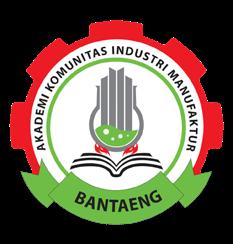


Address:
Address: Poros Transa Sulawesi Street, Labota Village, Bahodopi, Morowali Regency, Central Sulawesi, 94974
Tanetea, Nipa-Nipa, Pa’jukukang, Bantaeng District, South Sulawesi, 92461 pilm.ac.id akom-bantaeng.ac.id
S4C has made substantial progress in:
63 Trainings • 47 Trainings (Technical & Methodology)
Schools were assisted for the accreditation
14 Industry-based curricula developed
8 Lectures certified as DACUM facilitators
Schools have been assisted with the accreditation of eleven (11) study programs –eleven (11) have received the accreditation. lecturers from four partner schools completed the Peer Coaching and E-Didactic training, which is a key response to the rising need due to the pandemic situation; lecturers successfully passed in the examination of the 1st phase of the competency assessor training, which was jointly conducted with the MoI and BNSP (National Professional Certification Agency).

1.
The crucial factor for a demand-driven VET system is a strong contribution of the private sector to the key elements of vocational training. Hence, industry must be also involved in developing and updating school curricula. In this way it can be ensured that polys are conveying the right knowledge, skills, and attitude required to work in the respective job. Polys, together with BMOs, must therefore raise awareness for this topic and encourage industry participation. Once suitable experts from the industry are available, the curriculum development must be organized and facilitated. A proven effective method for this facilitation being used and promoted by S4C: DACUM – Develop a Curriculum.
DACUM (day-kum): A quick, effective, and low-cost approach to job/occupational analysis, involving a panel of expert practitioners or top performers in their jobs. The goal is to determine the tasks or competencies required by persons employed in each job or occupational area, including general knowledge, skills, tools, equipment, supplies, materials, attitudes essential for success, and the future trends for the occupation.
S4C developed 14 industry-based curricula in 5 poly partners and has expanded the DACUM methodology to support the development of industry-based curricula in non S4C poly partners such as Poly APP Jakarta, STIMLOG, and SMK Don Bosco Sumba.
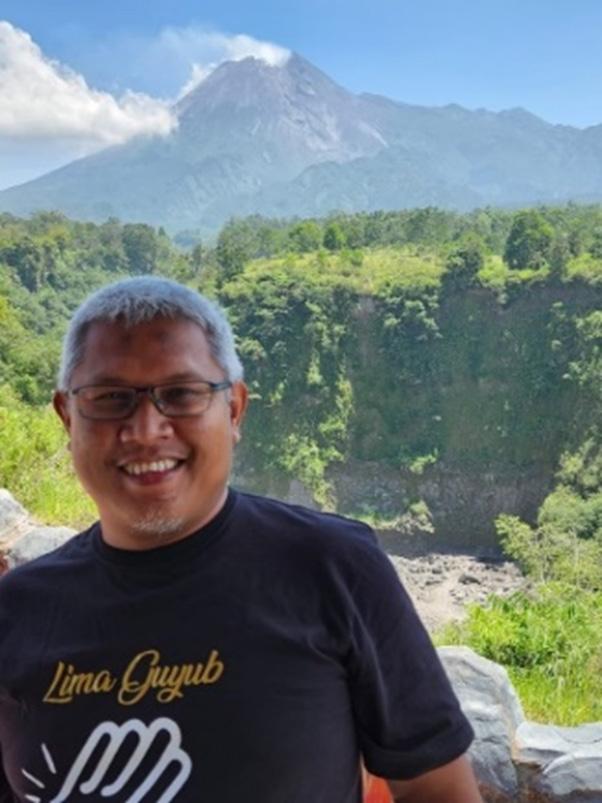
At Schneider we believe that sustainability is for the future, and in the same believe we are investing in the curriculum for the workforce of the future. We believe that the future will be more digital and more electric, and that’s why we involve ourselves in developing the curriculum to have a workforce ready for the job of the future and it is important for vocational education to be aligned with the rapid change of technology advancement as well as people skill transformation needed in industry. Curriculum alignment supports the realization of link and match concept comprehensively
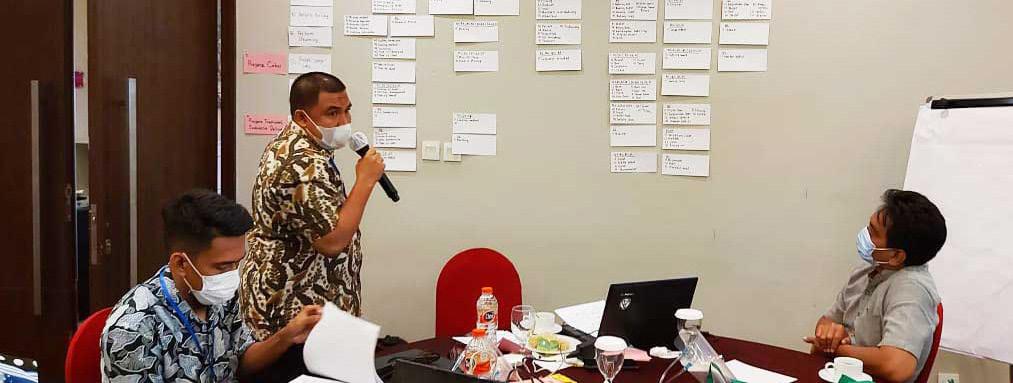
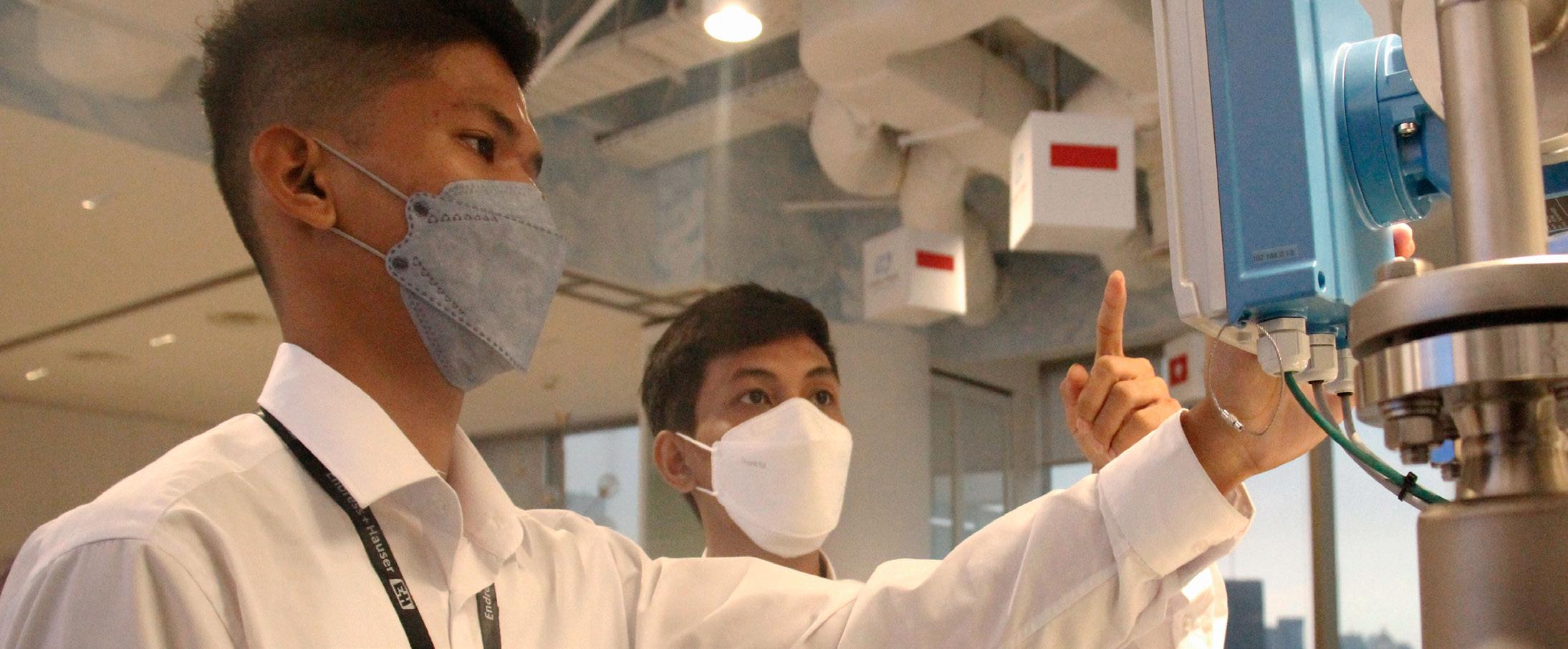
Swisscontact, through S4C and SwissCham Indonesia, embarked on a collaborative effort to develop a model approach for BMO to become dVET facilitators. S4C provides support and capacity building to SwissCham and its members to improve the quality, organization, and implementation of structured internships, which can benefit the students, schools, companies, and government.
This structured internship program applies the concept of dual VET, where the learning process is conducted both at school and company (two learning venues) and facilitated by qualified incompany trainers. To date this program has hosted several student interns from S4C project’s partner schools. Not only will it promote the school’s reputation, but also contribute to curricula development and eventually help improve the employability of graduates.
I have been able to learn from mentors in the Project division and other expert engineers. Accessing Endress+Hauser learning and training platform, as well as visiting costumer site plant have upgraded my hard skill. Meanwhile, interacting with other employees and customers help my soft skills upgraded.TVET Internship at Endress+Hauser allows me as a student to learn and have work experience. Being able to learn from the expert engineers at Endress+Hauser and applying theories that I have learned in campus is beneficial for me
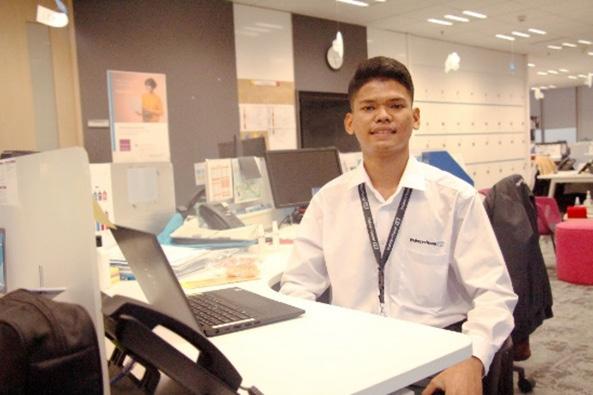
As the internship goes, the students demonstrated strong intellectual capability in working with our high-tech products, and their comprehension on-the-job training program was really satisfying. We observed the students get along well with all employees and enjoy their time visiting the customers and finding real solutions for the customers’ problems. Before the internship ended, we had already committed to hiring one of the students for a full-time job and adding more interns to the second group. I’m very pleased to see how this partnership between the school and the business entails positive results for learners, trainers, and employers.
Director of Endress+Hausser Indonesia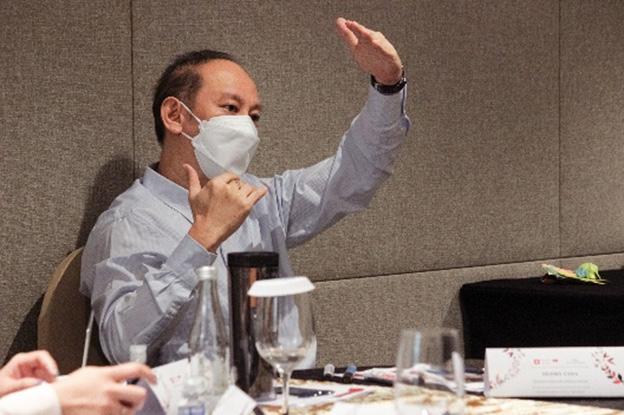

I become aware of limitations in my own knowledge.They would ask questions that I do not have the answer off the top of my head. That made me learn things deeper. I also came to know about their lives, hopes and families. I enjoy learning about what they were learning, what were as to their expectation and what were not. It shows me where to improve for myself and the program.
In-Company Trainer E+HIn-Company Trainers (In-CT) training serves two purposes. First, to produce competent InCompany Trainers who supervise and mentor the apprentices in building their industry-based knowledge, skills, and attitudes. Second, the In-Company Trainers are expected to be able to develop internal training programs, so that the capability and productivity of the workforce in their companies increase. Eventually these will contribute to improved competences of Indonesian workers.
In order to meet the needs of competent trainers in the workplace for S4C supported polytechnics and community academy’s partner companies, the project collaborated with the Agency of Industry Human Resource Development of the Ministry of Industry, KADIN Indonesia, and IHK Trier (Trier Chamber of Commerce of Trier, Germany) to organize an internationally standardized and certified In-Company Trainer (In-CT) training program to support the revitalization of dual vocational education and training program in Indonesia. To date, 11 trainings have been conducted and 86 people from the industry have become In-CT Trainers.
Personally, I did not just learn from the training material, but also from so many different styles of teaching that the Senior Masters shown us, from the methodology, how to do a presentation, how to interact, how to manage the group dynamics, how to keep the happy moment, and so forth which are priceless skills that we gain along with all the training materials
Arrad Dianarko In-Company Trainer E+HThis was the first time such training is conducted fully in Indonesian language by Indonesian Senior Master Trainers and the materials were fully adapted to Indonesian context from Regional Standard for In-CT in ASEAN Countries as well as German standards.” Saesario Indrawan, Swisscontact S4C

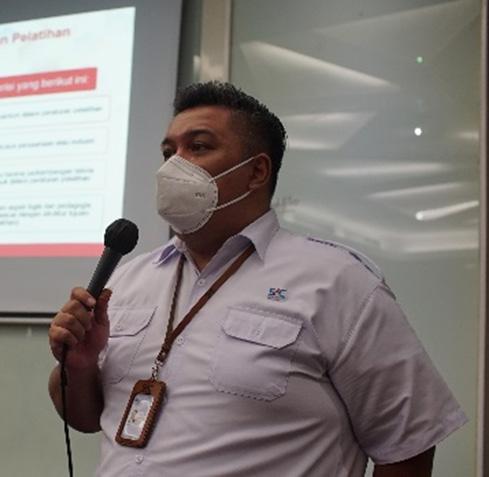
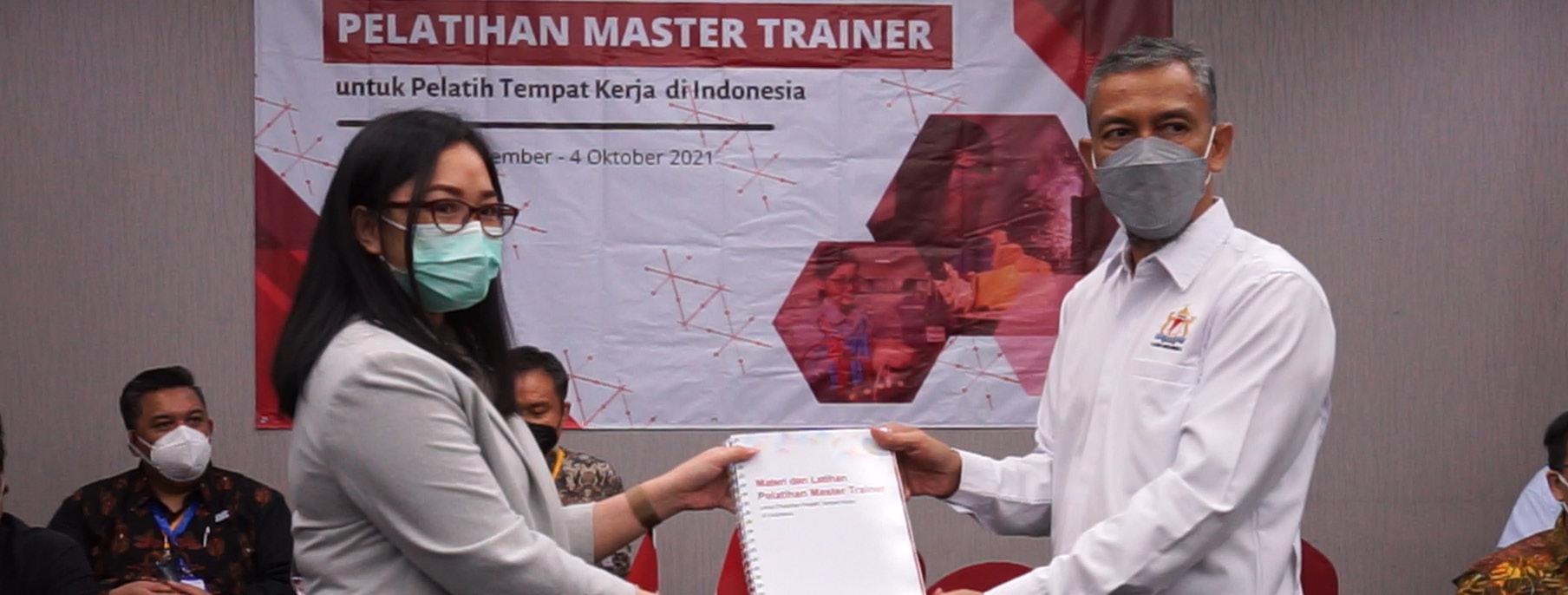 Arrad Dianarko In-Company Trainer E+H
Arrad Dianarko In-Company Trainer E+H